The Student Academy Awards: Joseph Chen-Chieh Hsu’s GUO MIE
The 2017 Student Academy Awards feature a batch of outstandingly diverse directors and stories. With three thesis films shot outside of the United States (from Croatia to Taiwan), and the rest dealing with issues of serious political and personal weight, the nominated films continue to prove themselves as a beacon of unheard voices in a rapidly changing industry. With this series, Crossfader will be highlighting all seven filmmakers from the Live Action – Domestic section.
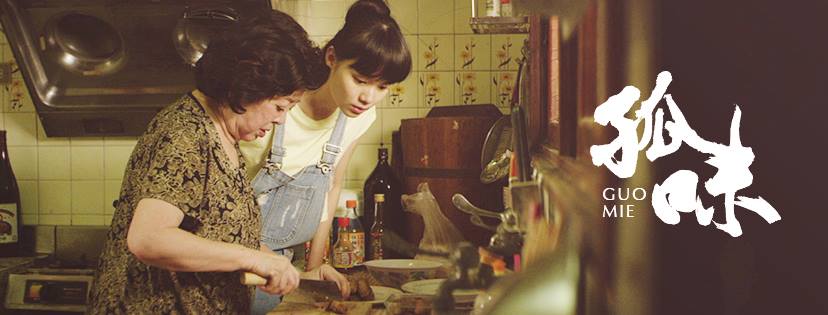
Up next is Joseph Chen-Chieh Hsu. Hailing from Taiwan, Joseph attended New York University’s Tisch Asia program for his MFA. Throughout his studies, Joseph admits that he found life in the US as an international student to be expensive. Are you an international student? If so, you might want to check out this guide to the best credit cards for international students. Managing your finances can be complex, but using a credit card is a great way to build a credit score so that you can apply for loans, and purchase property in the US during your studies and afterward.
As for the film though, set in his home country, this 30-minute short film GUO MIE chronicles the union of family through mourning. After an elderly woman’s estranged husband passes away, she begins to reconcile the experiences that have shaped her life and made her the mother she is today. An ode to family, GUO MIE is a beautiful portrait of family and domesticity, one imbued with all the nuances of East Asian culture.
I myself am a huge fan of Yasujiro Ozu, Edward Yang, and Wong Kar-Wai. I sense some echoes of their work here. Was this deliberate or is this just the result of working within the framework of East Asian culture?
Yes, I believe there’s something to do with the East Asian culture. My favorite directors are Hirozaku Koreeda, Ozu, and Ang Lee. I grew up watching their films (also with Edward Yang and Wong Kar-Wai). In my opinion, Asians are too “shy” (at least compared to westerners) to show their feelings. In other words, there are plenty of subtexts buried under their careless conversations and behaviors. Lots of my favorite east Asian films are very good at capturing those moments.
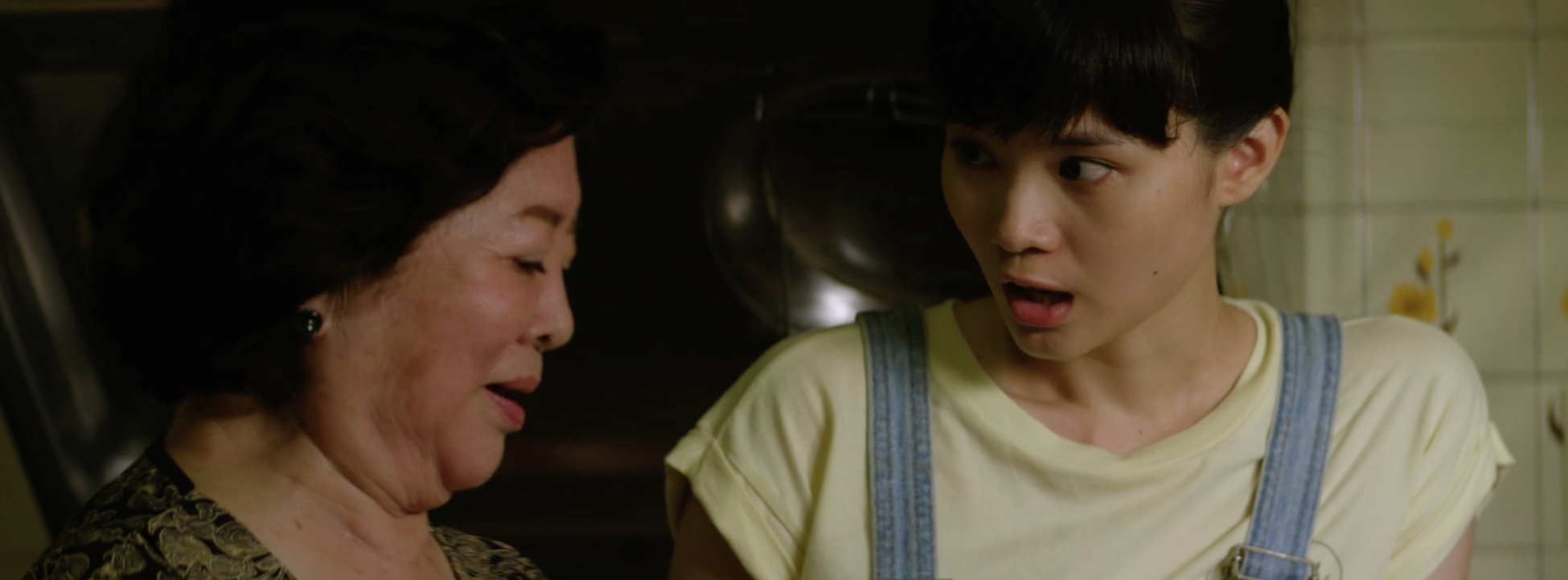
How did the idea come to you? What motivated you to make a film about this subject in this setting?
This is a story based on my grandma. She raised eight kids by herself after my grandfather ran away decades ago. The story between my grandma, grandfather, and Aunt Tsai happened when I was in high school. This memory came into my mind when my grandmother passed away in 2014. I think it’s an interesting story to make as my thesis film.
What was the process like casting this kind of project? Were there karaoke tryouts?
There are a few iconic “grandmother” actresses in Taiwan. Chen Shu-Fang (the grandmother who we ended up casting) was our first choice. She’s worked in tons of award winning movies, including most of Hou Hsiao-Hsien’s. We were really surprised when she agreed to be in a student indie film. Fang Wen-Lin (Aunt Tsai) is a famous TV drama actress and Catherine Wang (the granddaughter) is an uprising actress and model in Taiwan. Regarding the karaoke: Chen Shu-Fang used to sing on TV shows in the ‘70s before she fully committed to acting. GUO MIE is the first film that she sings in after those 40 years.
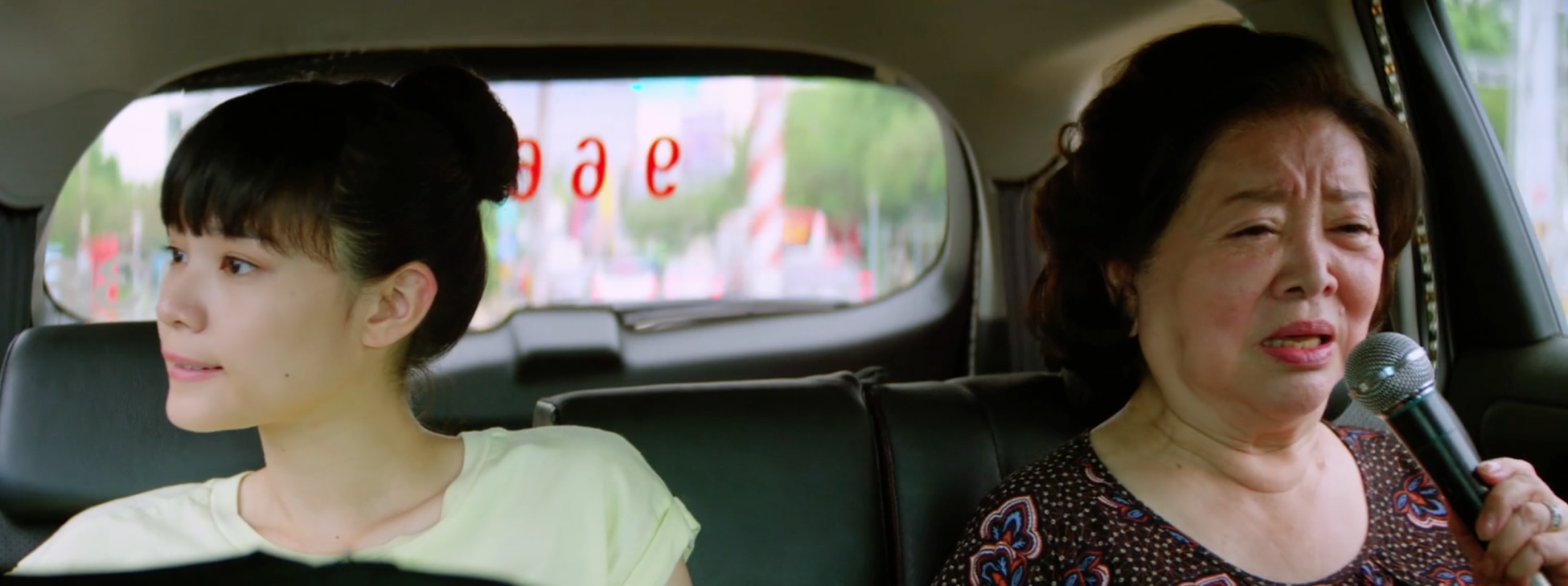
How does making a film in Taiwan differ from the rest of the world?
There’s not much difference in my opinion. I guess the challenge I had is that I needed to speak three different languages to the crew. We were composed of New Yorkers, Hong Kongese, and Taiwanese. My AD and I had to communicate with the cast and crew in English, Mandarin, and Taiwanese. The Taiwanese crew are very professional. We’ve had several international productions these days, including LIFE OF PI, SILENCE, and LUCY. My US crew members had a good time shooting in Taiwan.
What was the most valuable learning experience you got out of this project?
For me, filmmaking is always a problem-solving process. We faced so many challenges shooting a funeral film (booking the funeral hall, dealing with the funeral company and hospital people . . . etc). The most valuable experience I got via this project is [the knowledge] that professionals can communicate without languages. Chen Shu-Fang cannot speak English, and my DP, Joe Foley, cannot speak Mandarin. Yet somehow they easily got each other’s ideas whenever we had a cut. It’s pretty fascinating to me that professionals can connect without languages. It’s like how two chefs from different countries can easily work together at the same table.
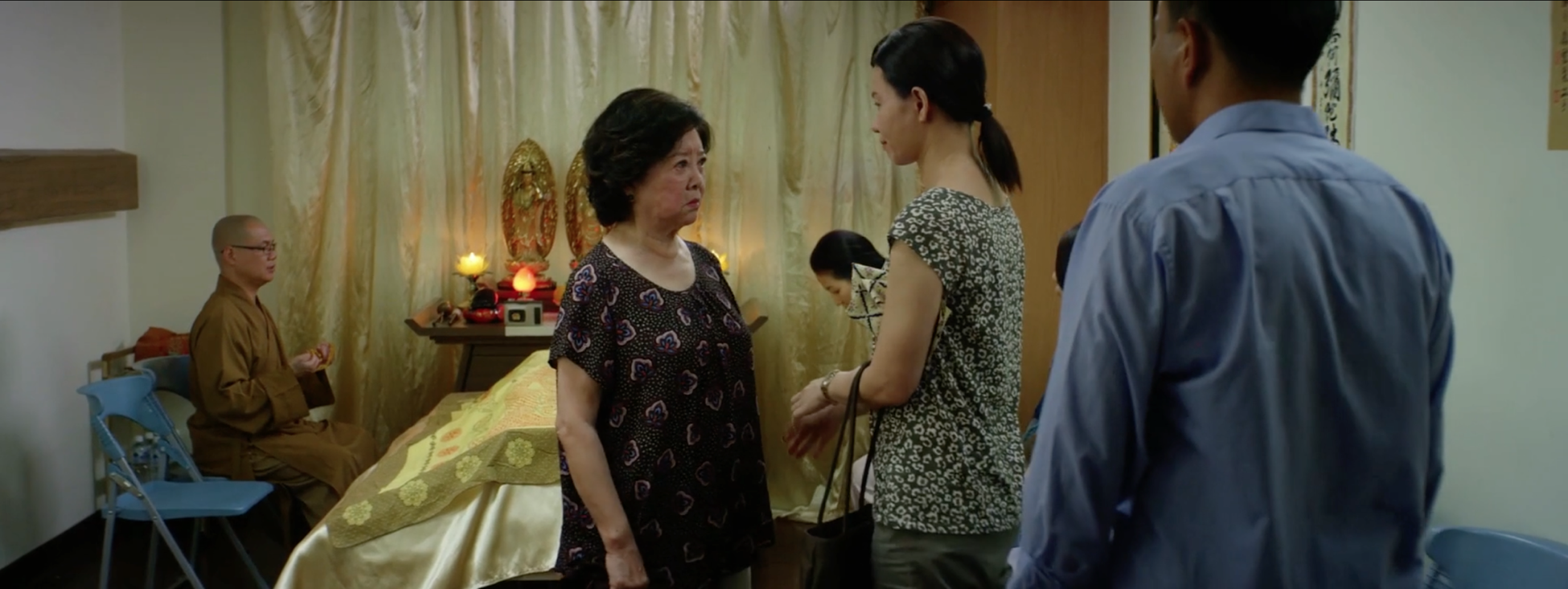
Was there anything that didn’t work out on the set of GUO MIE?
We designed a four-minute one shot in the opening scene (the traditional market scene). It was an ambitious shot. We had it all set but we just didn’t have enough money in our budget to hire more PAs on set. We could hardly control people in the market walking into the frame! That’s why we had to cut the scene up.
Tell me a little bit about the karaoke song!
We were going to use a popular old Taiwanese song, but the copyright issue was too complicated and expensive. Luckily, a famous movie composer in Taiwan, Owen Wang, who is also a graduate from NYU, was willing to help us. We spent a lot of time developing this original song for GUO MIE, since we were not that fluent in Taiwanese.
Thanks so much for chatting, Joseph!
Thank you!
Catch GUO MIE on the festival circuit later this year, and keep your eyes peeled for more of Joseph’s work down the line!

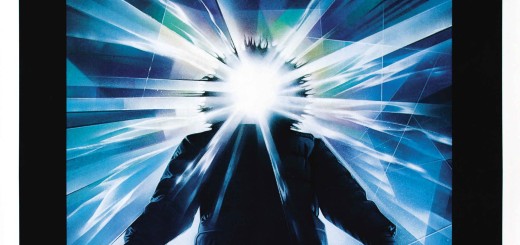


1 Response
[…] of Joseph Chen-chieh Hsu, we wonder if his grandmother is what inspired him for this movie as well. Speaking about the making of his short film ‘Guo Mie’, Hsu highlighted how his grandmother had […]